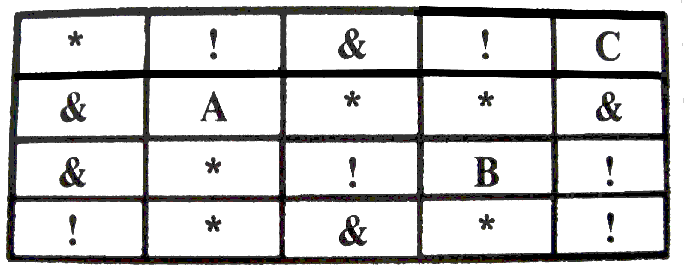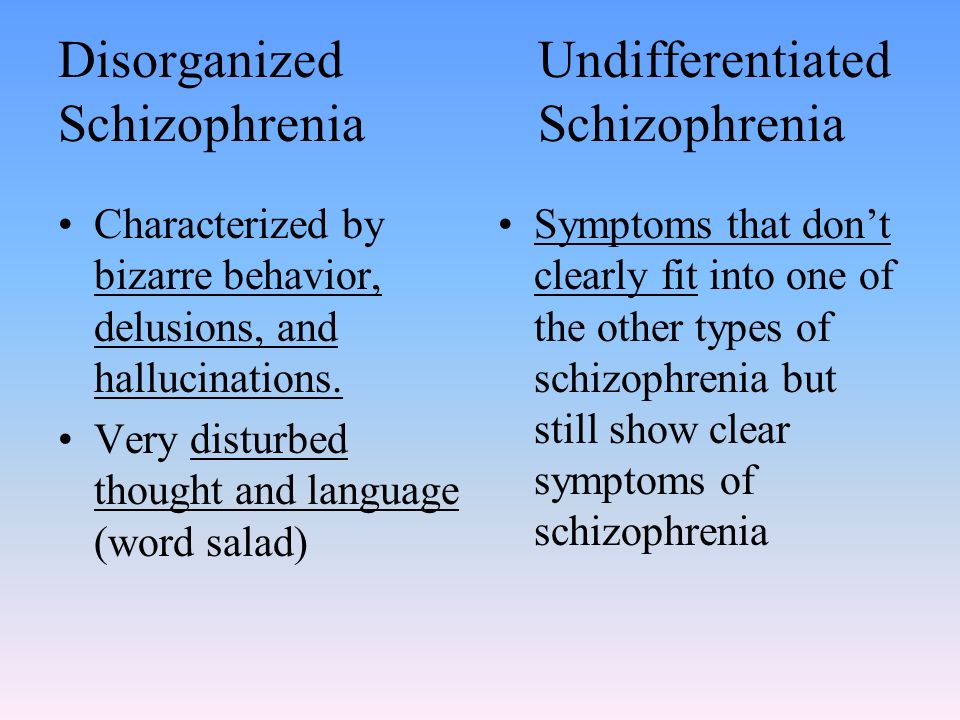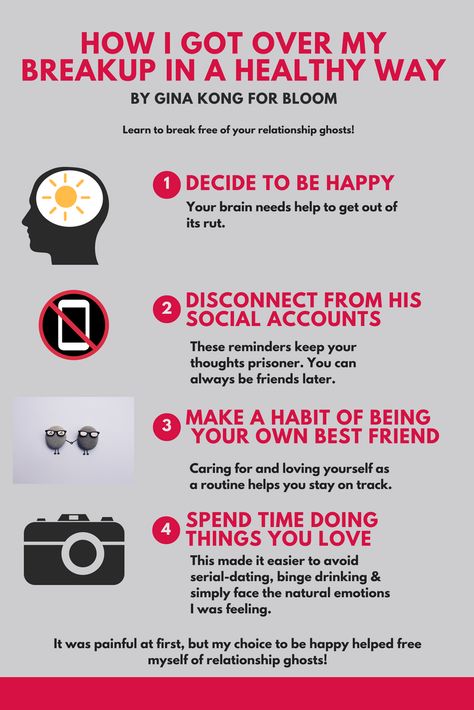Denial of reality
The Denial of Reality | Psychology Today
There's an old (and corny) joke, which goes:
What is "denial?"
It's a river in Egypt."
There's another meaning of "denial" in psychoanalytic theory: A psychological defense we all use at times to reduce our anxiety when something feels particularly disturbing.
Finally, there is a particular type of "denial" we are witnessing nowadays: When seemingly intelligent and sane adults vehemently deny truths despite a body of irrefutable data.
This type of denial is akin to Stephen Colbert’s “truthiness” in that these deniers adamantly refuse to accept verified scientific facts because they get in the way of their own rigid ideas.
Here are just a few examples of their beliefs:
- There is no such thing as manmade global warming.
- There is nothing that we can do to improve our climate.
- Most immigrants are a drain on social services, schools, hospitals, and other public resources.
- Many immigrants are criminals, rapists, dealers or terrorists.
- The availability of guns has nothing to do with the uniquely American epidemic of shootings.
- Gun death rates have not dropped in countries with gun control legislation.
- Vaccines are dangerous, cause autism and other disorders.
- Muslims are out to destroy us and our way of life.
- Latinos are lazy, Jews are greedy, African-Americans are violent, etc.
- Marriage is sacrosanct only between a man and a woman.
- Planned Parenthood sells fetal parts.
- LGBT people are either "sick" or "bad."
- The USA is the first/greatest in the world in health, education, nutrition, generosity, cleanliness, happiness, and safety. (It is indeed first in weaponry, shootings, military spending, prisoners, drug trade, and other indices of "greatness.")
In psychiatry, the word “delusion” means a firm belief in some idea which is known to be false, and it can be a symptom of paranoia or psychosis. While the believers in the above untruths aren’t mentally ill, they do strongly adhere to their false credos in spite of clear evidence to the contrary which is presented to them, especially if based on scientific findings.
While the believers in the above untruths aren’t mentally ill, they do strongly adhere to their false credos in spite of clear evidence to the contrary which is presented to them, especially if based on scientific findings.
These deniers are indeed "true believers" for whom there is only One Absolute Truth. They are the very people whom Pope Francis recently called "fundamentalists," and they are found in all religions and other "isms." The writings of their texts are taken literally or reinterpreted to suit their prejudice and hate.
This kind of closed-mindedness is prevalent in every country of the world and in all religions. Call it zealotry, bigotry or fanaticism, these ultra-controlling beliefs are dangerous to our civic morale. Worse, they give a quasi-intellectual rationale for a momentum towards control, misanthropy, and hate.
Let's please remember that the precursors of today’s deniers vehemently proclaimed that: Earth was created in 7 days, was flat, and the center of the Universe; gravity did not exist; diseases were caused by evil spirits; and Caucasians were the supreme race.
There is no doubt that science is not perfect, which is why scientists the world over are always attempting to discover and understand more about our bodies, minds, planet, and cosmos. But when people refuse to accept or believe scientifically proven factual data because these interfere with their mind-set, we are indeed in deep trouble.
What is DENIAL OF REALITY (DENIAL)? definition of DENIAL OF REALITY (DENIAL) (Psychology Dictionary)
The unconscious defense mechanism of denying the existence of painful facts.This technique enables an individual to escape from intolerable thoughts, wishes, actions, or events and the anxiety which they produce. In denying their existence he is not lying or malingering, nor does he deliberately repudiate the ideas or consciously dismiss them from mind. He simply fails to perceive that they exist.There are many forms of denial. An individual may become totally unaware that he has feelings of hostility or homosexual urges or that he has actually committed a crime.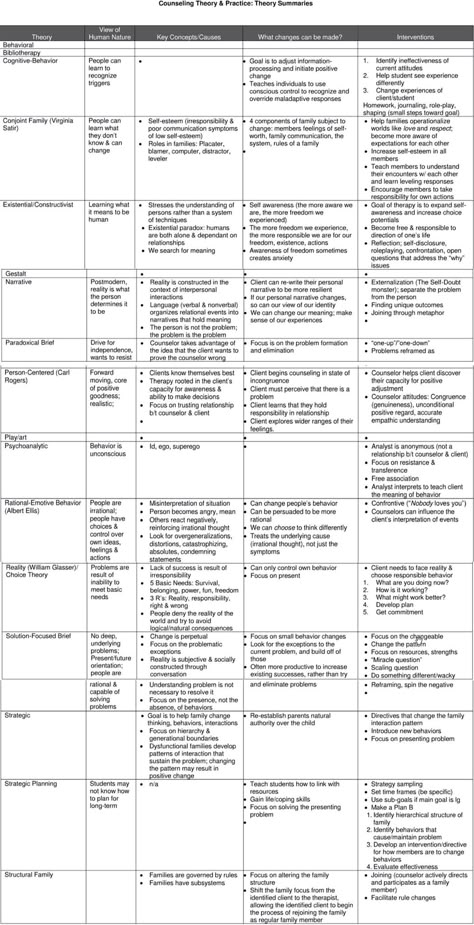 Parents fail to see physical or mental defects in their children though they are obvious to everyone else. Prisoners in solitary confinement sometimes lose their sense of reality and feel “This isn’t happening to me.” Some amputees lose sight of the fact that they have lost a limb and act as if it still existed. In hysterical paralysis and other conversion reactions, defensive denial frequently takes the form of cheerful unconcern. In depressive reactions the patient may deny facts he cannot face, and in catatonic schizophrenia the patient may deny his own existence or the whole of reality. (ILLUSTRATIVE CASE):Although the term denial is usually reserved for an unconscious mechanism, it shades almost imperceptibly into a conscious or half-conscious process in which we screen out unpleasant thoughts and disagreeable realities by a variety of devices. We postpone decisions we do not want to make, ignore problems we do not wish to face, suddenly become intensely preoccupied when disagreeable topics arise.
Parents fail to see physical or mental defects in their children though they are obvious to everyone else. Prisoners in solitary confinement sometimes lose their sense of reality and feel “This isn’t happening to me.” Some amputees lose sight of the fact that they have lost a limb and act as if it still existed. In hysterical paralysis and other conversion reactions, defensive denial frequently takes the form of cheerful unconcern. In depressive reactions the patient may deny facts he cannot face, and in catatonic schizophrenia the patient may deny his own existence or the whole of reality. (ILLUSTRATIVE CASE):Although the term denial is usually reserved for an unconscious mechanism, it shades almost imperceptibly into a conscious or half-conscious process in which we screen out unpleasant thoughts and disagreeable realities by a variety of devices. We postpone decisions we do not want to make, ignore problems we do not wish to face, suddenly become intensely preoccupied when disagreeable topics arise. Through these devices we do not deny the existence of problems, but we deny them our attention. This may sometimes help to protect us from stress, or give us time for making decisions—but as a regular pattern of behavior, denial is bound to interfere with our adjustment since it is a way of dodging difficulties instead of facing them.DEPENDENCY NEEDS. Basic needs which must be satisfied by other people,particularly the need for mothering, love, affection, shelter, protection, security, physical care, food, and warmth.Today psychologists emphasize the fact that every child starts out in life as a completely dependent individual who has as vital a need for emotional as for physical nurturance. The need for emotional dependence continues beyond infancy, although sometimes in covert forms. It is now recognized that normal adults, including men, have deep needs for emotional support in the form of approval, reassurance, and devotion. Sometimes these needs may be hidden or denied by a rough exterior or an air of complete independence, but they are believed to exist nevertheless.
Through these devices we do not deny the existence of problems, but we deny them our attention. This may sometimes help to protect us from stress, or give us time for making decisions—but as a regular pattern of behavior, denial is bound to interfere with our adjustment since it is a way of dodging difficulties instead of facing them.DEPENDENCY NEEDS. Basic needs which must be satisfied by other people,particularly the need for mothering, love, affection, shelter, protection, security, physical care, food, and warmth.Today psychologists emphasize the fact that every child starts out in life as a completely dependent individual who has as vital a need for emotional as for physical nurturance. The need for emotional dependence continues beyond infancy, although sometimes in covert forms. It is now recognized that normal adults, including men, have deep needs for emotional support in the form of approval, reassurance, and devotion. Sometimes these needs may be hidden or denied by a rough exterior or an air of complete independence, but they are believed to exist nevertheless. One of the prime purposes of friendship and especially of marriage is to gratify them. Such needs are particularly intense in situations of stress or disappointment, and husbands and wives, or friends for that matter, should not be ashamed of seeking each other’s support or even crying on each other’s shoulder.Dependency needs, however, may be exaggerated to a point where they are unhealthy. This often happens among immature persons who regress to infantile behavior under stress. Instead of requiring emotional warmth as part of the general climate of life, or emotional support to help them over difficult situations, these people constantly lean on others and look to them for a solution to their problems. In consequence they fail to develop traits of self-confidence, decisiveness, and self- reliance. The clearest example of this character disorder is found in the passive-dependent personality. Excessive dependency needs are also found to underlie certain neurotic disorders. They are most common in hysterical (or conversion) reaction and are found in some psychosomatic disturbances, such as gastric ulcer.
One of the prime purposes of friendship and especially of marriage is to gratify them. Such needs are particularly intense in situations of stress or disappointment, and husbands and wives, or friends for that matter, should not be ashamed of seeking each other’s support or even crying on each other’s shoulder.Dependency needs, however, may be exaggerated to a point where they are unhealthy. This often happens among immature persons who regress to infantile behavior under stress. Instead of requiring emotional warmth as part of the general climate of life, or emotional support to help them over difficult situations, these people constantly lean on others and look to them for a solution to their problems. In consequence they fail to develop traits of self-confidence, decisiveness, and self- reliance. The clearest example of this character disorder is found in the passive-dependent personality. Excessive dependency needs are also found to underlie certain neurotic disorders. They are most common in hysterical (or conversion) reaction and are found in some psychosomatic disturbances, such as gastric ulcer.
Cite this page: N., Sam M.S., "DENIAL OF REALITY (DENIAL)," in PsychologyDictionary.org, November 28, 2018, https://psychologydictionary.org/denial-of-reality-denial/ (accessed November 10, 2022).
Previous articleDELIRIUM TREMENS
Next articleDREAM INTERPRETATION (Historical)
Latest news
Denial of reality. What is Reality Denial? The concept and definition of the term "denial of reality" - Glossary
Glossary. Psychological dictionary.
- A
- B
- B
- D
- D
- F
- W
- and
- K
- L
- M
- H
- O
- P
- R
- C
- T
- W
- F
- X
- C
- H
- W
- E
- I
Denial of reality is a protective mechanism of the psyche, which consists in the rejection of those components of reality that cause anxiety.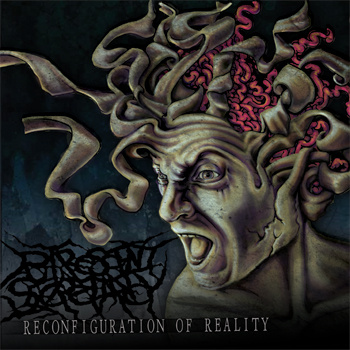 The very concept of protection was introduced into psychology by the Austrian psychoanalyst Sigmund Freud, his daughter, Anna Freud, continued to study this phenomenon.
The very concept of protection was introduced into psychology by the Austrian psychoanalyst Sigmund Freud, his daughter, Anna Freud, continued to study this phenomenon.
The denial mechanism is one of the earliest: it is present even when the child is too young to independently withstand the negative effects of the environment. The bottom line is that those elements that are unfavorable for the subject are automatically ignored by him, and in some cases they are replaced by imaginary ones (repression). In order to accomplish this, a person has to expend a considerable amount of energy, but the result is almost always ineffective, and in some cases completely destructive.
An example is the loss of a loved one: a person who is experiencing a loss (for example, a mother) continues to maintain the accepted order of things, talk and think only about what happened. If this continues for a long period of time, then the person completely loses the sense of reality, because he is already accustomed to denying it.
Despite the fact that the denial of reality is usually an unconscious process, individuals can use this technique quite consciously: in this case, we are talking about a coping strategy. In addition, denial can be used in manipulative techniques.
< Reflection
Alienation >
Popular Terms
Denying reality
Breaking the vicious cycle of negativity
Listening to our "inner critic" and then "interrogating" him? Perhaps this method will help us look at the world more realistically.
Media news2
new on site
- Compatibility, intimacy and freedom: what a happy marriage is built on today
- How to be a man in the modern world: a review of the film "Manly"
- What prevents the brain from developing: 8 bad habits
- "Parked cars, phone, passers-by - I suspect everyone and everything of spying on myself"
- 4 dietary mistakes that make you lose energy
- 6 misconceptions about sociopaths
- “My husband had an intimate correspondence with my girlfriend.
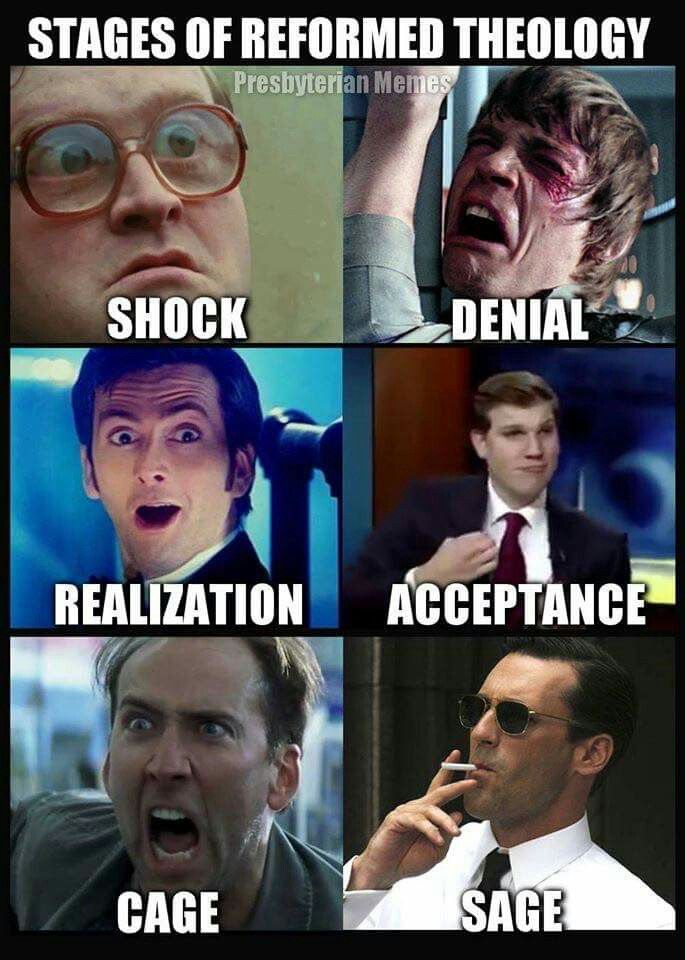 So he was going to improve our relationship with him "
So he was going to improve our relationship with him " - “I am constantly looking for attention from men, but relationships with them do not add up”
Today they read
- “I broke off my relationship with a guy in the heat of the moment. Then I regretted it, but it was too late"
- The body hints loudly: 6 signs that you are ignoring your true desires
- "I myself went to the left, but I can't forget my wife's betrayal." Part 2. Meeting with an opponent
- “I told my husband that he doesn't earn much. He was offended"
- 3 ways to keep relationships at a distance
- Dysfunctional family: 10 unspoken rules of toxic parents
Psychologies invites
Psychologies Telegram channel
SUBSCRIBE
new issue AUTUMN 2022 №71
More details
special projects
Denial of reality
Denial of unpleasant, frustrating reality (dinial) is the actual complex of means by which a person tries to defend himself from external frustrators. All forms of reality denial are based on the fundamental mechanism of repression, therefore, with a certain approach, it can also be considered a derivative, a derivative of this mechanism. There is some difficulty, therefore, in determining the status of the reality denial mechanism among all other defense mechanisms.
All forms of reality denial are based on the fundamental mechanism of repression, therefore, with a certain approach, it can also be considered a derivative, a derivative of this mechanism. There is some difficulty, therefore, in determining the status of the reality denial mechanism among all other defense mechanisms.
General characteristics
Denial is a subconscious distortion of the perception of an external unpleasant stimulus. This is a non-verbal defensive process, as a result of which the image of the external world changes. There is also a verbal process of denial, which is called negation: in this case, a person has a certain attitude towards the object (for example, loves it), but on a verbal and conscious level denies this, for example, as follows: “No, I am ( I don't love her." In other words, with verbal denial, the psycho-logic of defense consists in the fact that a person says the opposite of what he really feels. (Note that in the study of each defense mechanism, we consider the most important moment to be precisely the disclosure of its main, nuclear, psychological statement).
So, there is a mechanism (or a set of mechanisms) of psychic self-defense that allows a person not to see, not to perceive that part of external reality that poses a threat to himself, to his Self-concept, causes fear. The terms "reality denial", "perceptual defense" or "selective inattention" are used to denote it. When insulting things are said to us, we, being unable to fight back, “do not notice” them. When a man chooses a wife from several alternatives, he not only begins to attribute positive traits to her (using the attribution mechanism), but also begins to "not notice" her negative traits - physical and characterological. Such protective processes are necessary for a person to protect his "I", his self-respect. This is his choice, and he must be good. When a person has a weakened "I", he begins not to notice many features both in himself and in others. When difficult, catastrophic events occur in a person’s life (for example, the loss of a very close and dear person), then he, having a weak “I”, cannot even believe in the reality of these events.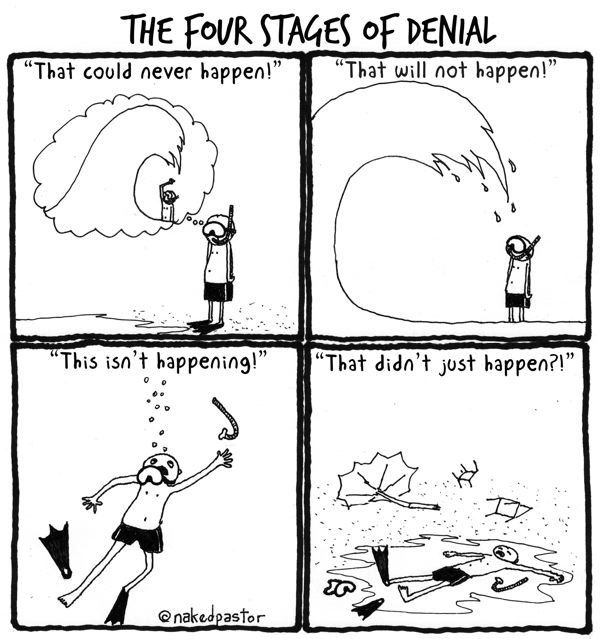
Perceptual defense
A simple case of reality denial in the form of perceptual self-defense is the following: a person with normal vision does not notice an object that lies in front of him. He does not notice the angry expression on his interlocutor's face. In some cases, people do not notice criticism in their address. We often do not notice (because it could frustrate us) a word of praise said by someone to our opponent or rival. We may not notice the sexual attractiveness of a member of the opposite sex when our attitude towards him is ambivalent or negative. In all such cases, there is a weakening or withdrawal of attention from the subject, which creates an interesting phenomenon of perceptual blindness, emptiness. (This can be related to the phenomenon of negative hallucination, which can be induced with the help of hypnosis and suggestion.) The field of vision and even auditory perception of a person narrows, and he becomes blind and deaf to certain events. Z. Freud also gave the name of scotomization to the mechanism of perceptual defense.
Freud also gave the name of scotomization to the mechanism of perceptual defense.
A person may not notice pathological changes in his body until the “moment” when they take on the character of a serious illness. So, for a long time people ignore damage to their teeth, changes in the skin of the body, weakening of sexual functions, pain in the heart, etc. They constantly divert their attention from these unpleasant changes, which is a way of mental protection. When they verbally deny the existence of such changes, then this is already negation - a conscious and verbalized denial of an unpleasant reality. I. Sarnof believed that in the course of the development of sexual pathology in a person (lesbianism, transvestism, etc.), the mechanism of denying reality also plays a significant role.
When we are told about some unpleasant events, our first reaction is most often denial: “It can’t be!”, “Don’t talk nonsense!”, “This can’t happen to me,” etc.
This mechanism also plays a role in wider social spheres. So, G. Allport and other psychologists studied the victims of Nazi terror. It turned out that when the persecution and arrests of Jews had already begun in Germany, then in those regions of the country where this had not happened yet, many Jews did not believe the information they received or were convinced that such events did not personally concern them. And even when the Nazis arrested people they personally knew, many continued to believe in their own immunity. Therefore, during the arrest, they were sincerely surprised. The same phenomenon was observed during the years of the Armenian ethnocide in Turkey (1915-1923, about which there are numerous testimonies. It is for this reason that many Armenians did not take steps for their salvation or self-defense. This psychological phenomenon in connection with the ethnocide of Armenians has not yet been studied at all.
So, G. Allport and other psychologists studied the victims of Nazi terror. It turned out that when the persecution and arrests of Jews had already begun in Germany, then in those regions of the country where this had not happened yet, many Jews did not believe the information they received or were convinced that such events did not personally concern them. And even when the Nazis arrested people they personally knew, many continued to believe in their own immunity. Therefore, during the arrest, they were sincerely surprised. The same phenomenon was observed during the years of the Armenian ethnocide in Turkey (1915-1923, about which there are numerous testimonies. It is for this reason that many Armenians did not take steps for their salvation or self-defense. This psychological phenomenon in connection with the ethnocide of Armenians has not yet been studied at all.
Pathological level of reality denial
A person is able to deny the existence of not only individual objects or individual features of objects, but also larger segments of the external world. This occurs when a person develops psychosis and hallucinations appear. For example, a woman who becomes ill with psychosis after the loss of her beloved husband constantly imagines that he is nearby, she is talking with him, etc. She denies the reality of his death.
This occurs when a person develops psychosis and hallucinations appear. For example, a woman who becomes ill with psychosis after the loss of her beloved husband constantly imagines that he is nearby, she is talking with him, etc. She denies the reality of his death.
Let us note the following: since there are not only positive hallucinations (a person sees nearby what is not in reality, and even cannot be), but also negative ones (does not see what is), then we can distinguish two pathologized subtypes of the reality denial mechanism : one appears in combination with positive hallucinations, and the other in combination with negative hallucinations. Until now, psychologists and psychopathologists have described only that kind of mechanism for denying reality, which is combined with negative hallucinations (or leads to the appearance of such hallucinations, i.e., to the disappearance of images of certain objects or events from the sphere of human consciousness).
When the denial of reality is carried out with the help of positive hallucinations (the empty space of the perceived segment of space is filled up with pleasant images, the path through which unpleasant perceptions could return to the sphere of consciousness is closed.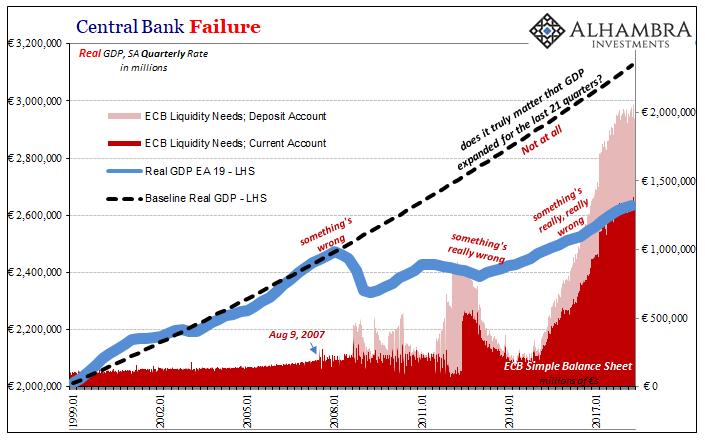 Unpleasant facts of life continue to “knock on the door” of our consciousness, but figuratively speaking, our attention does not go to open this door and help them cross the threshold of consciousness (I. Janis, etc.) Attention is occupied by those pleasant images that have already burst into consciousness and do not want to leave it.0003
Unpleasant facts of life continue to “knock on the door” of our consciousness, but figuratively speaking, our attention does not go to open this door and help them cross the threshold of consciousness (I. Janis, etc.) Attention is occupied by those pleasant images that have already burst into consciousness and do not want to leave it.0003
(We note in advance that modern Turks, who deny the ethnocide of Armenians, Greeks and other peoples in the Ottoman Empire and the Republic of Turkey, have a pathological form of denial of external reality, combined with negative hallucinations. However, they also have pathological positive hallucinations - images that the Armenians and Greeks carried out the ethnocide of the Turks (this takes place as an aspect of the strategy of blaming the victim).
Let's give a couple more examples that testify to the existence of a pathological (irrational) level of the mechanism of reality denial. An interesting example is the American psychiatrist James Coleman. 9The 1-year-old son of a woman was diagnosed by psychologists and psychiatrists as having a severe mental retardation. However, this mother developed a strong protective belief that her son was a new type of person and was slowly developing, but after many years he would reach a very high level of mental development. This woman completely rejected an extremely unpleasant reality for herself.
9The 1-year-old son of a woman was diagnosed by psychologists and psychiatrists as having a severe mental retardation. However, this mother developed a strong protective belief that her son was a new type of person and was slowly developing, but after many years he would reach a very high level of mental development. This woman completely rejected an extremely unpleasant reality for herself.
In some situations, a person may have the impression that everything that happens around and with him, in fact, is not happening to him. Such cases are observed in extremely dangerous situations, in prison, etc. In such cases, the mechanism of denying reality protects the human psyche from pathological changes. However, we believe that in such situations the very mechanism of psychological self-defense takes on a pathological character.
Denial of inner reality
We have seen how the mechanism of denial of external reality operates. A variant of this mechanism can be considered the case when a person involuntarily or arbitrarily denies the inner reality that frustrates him.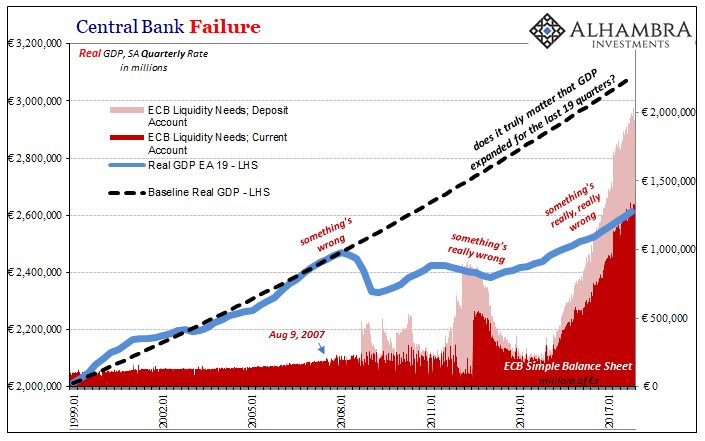
Speaking about the methods of treatment proposed by Carl Rogers, T. Cox remarked: “Rogers came to the conclusion that the neurotic personality is very vulnerable and is in a continuous state of tension, because the patient denies the fact that he knows about a significant part of his experiences. Reinterpreting this position, we can say that neuroticism is the result of a special way of coping with stress. A person simply denies the presence of a part of his experiences (experience) and thereby reduces the discrepancy between conscious requirements and the conscious ability to cope with it. Thus, there is a valuable idea here that neurosis is a form of pathological adaptation.
Of interest is Cox's further description of the negation process, as proposed in the works of C. Rogers.
“The denial of experience can be carried out in the following way. From Rogers' point of view, every person is constantly striving to develop and maintain his whole self.
This struggle is reflected in the inner impulse (drive) to actualize one's "I". There are often complications in this process, as other people also strive for self-affirmation and require approval of their actions. As a result of the need to love and treat other people well, a person is contradictory and in conflict with each other: the first are the values inherent in his self-actualization, the second are the values borrowed from others but mistaken for his own. This situation leads to a self-image that does not correspond to reality, which is supported by the denial of experience (experience). Self-image that does not correspond to reality is a strategy for overcoming contradictions and conflicts. The treatment consists in the fact that the doctor acts as a mirror reflecting the feelings of the patient, who believes that they come from himself. The doctor tries to express these feelings and use them in such a way that the patient has a clearer knowledge of his "I" and there is no need to deny his experiences.
Thus, patient-centered therapy changes the individual's cognitive assessment of himself and the situation in which he finds himself.
This is not only a good description of how the negation mechanism works. The above quotation is important in that it indicates the existence of another adaptive strategy based mainly on the consistent use of the mechanism of denial. This is a pathological adaptive strategy because it leads to a distorted self-image. Although this conflict of the type described above is overcome at the level of consciousness, i.e., adaptation is achieved, however, such adaptation makes the person maladjusted in other areas of his social interactions, which causes the need for treatment.
Paradoxical consequences of the mechanism of reality denial
The systematic use of the mechanism of denial of unpleasant reality (whether in the form of non-verbal or in the form of verbal negation) leads to some consequences that can be considered paradoxical. Let's take a look at some of them.
Let's take a look at some of them.
A person is told that smoking is harmful, but he not only continues to smoke, but (this is the paradox!) smokes more than before receiving the warning. Fear of getting cancer does not lead to the cessation of a harmful act, but to a denial of reality, namely, his, this habit, harmful consequences.
Another example: in the course of propagating some political ideas, the speakers try to make the listeners fear the future and convince them to vote for their candidates, and they go and, regardless of reality, give their votes in their favor.
People who tend to deny the reality of real threats do not want to see them. Some psychologists (mainly psychoanalysts) believe that people are masochists and have a strong impulse to die, and therefore act in the manner described above. In other words, according to this concept, the reality denial mechanism arose on the basis of such strong impulses and for their service. An interesting point of view and worthy of further study.
